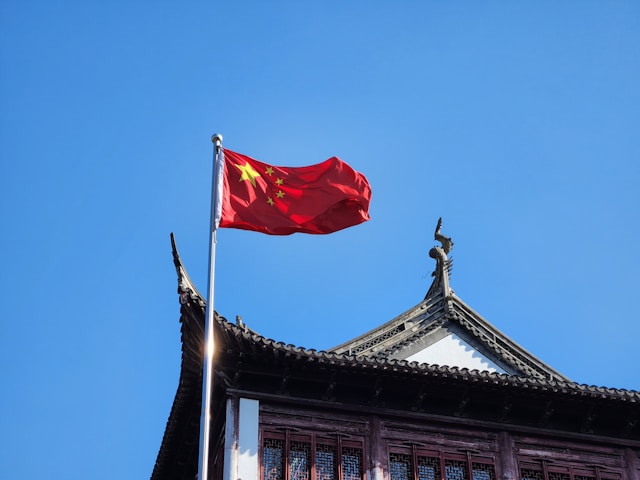
On 28 Dec. 2023, China’s Supreme People’s Court (SPC) issued the “Interpretation on Several Issues Concerning the Application of International Treaties and International Practices in the Trial of Foreign-related Civil and Commercial Cases” (hereinafter the “Interpretation”, 关于审理涉外民商事案件适用国际条约和国际惯例若干问题的解释), and typical cases on the application of international treaties and international practices in foreign-related civil and commercial cases.
As of now, the application of international treaties and international practices in China’s foreign-related civil and commercial cases covers various fields, including international trade, maritime affairs and maritime commerce, air transportation, intellectual property rights, environmental protection, and more.
The major international treaties include the United Nations Convention on Contracts for the International Sale of Goods, the Convention for the Unification of Certain Rules Relating to International Carriage by Air (1929 Warsaw Convention), the Convention for the Unification of Certain Rules for International Carriage by Air (1999 Montreal Convention), the International Convention on Civil Liability for Bunker Oil Pollution Damage (2001), the International Convention on Civil Liability for Oil Pollution Damage (1969), the International Convention on Civil Liability for Oil Pollution Damage (1992), the Athens Convention Relating to the Carriage of Passengers and Their Luggage by Sea (1974), and the International Regulations for Preventing Collisions at Sea (1972), International Salvage Convention (1989), etc.
Common international practices applied by Chinese courts include the International Rules for the Interpretation of Trade Terms, the Uniform Customs and Practice for Documentary Credits, the Uniform Rules for Demand Guarantees, the York-Antwerp Rules, and the Code of Safe Practice for Solid Bulk Cargoes, etc.
Highlights of the Interpretation include:
1. Where international treaties and Chinese laws have different provisions, the provisions of international treaties shall apply, except for clauses to which China has made reservations.
2. Where an international treaty provides that the parties concerned may exclude or partially exclude their application by agreement, if the parties concerned claim to exclude or partially exclude the application of the international treaty based on their agreement, the Chinese court shall uphold such claim.
3. Where the parties refer to any international treaty not binding upon China in their contract, the People’s Court may determine the rights and obligations between the parties in accordance with the contents of such international treaty, unless the international treaty violates the mandatory provisions of the laws and administrative regulations of China or impairs China’s sovereignty, security and public interests.
4. Where the parties to a foreign-related civil or commercial contract expressly choose to apply international practices and the parties claim to determine the rights and obligations between the parties to the contract in accordance with international practices, Chinese courts shall uphold such claim.
5. Where there are no provisions in Chinese law or the international treaties concluded or acceded to by China, the Chinese courts may apply international practice. If a party claims to exclude the application of international practice only on the ground that it was not expressly chosen, the Chinese court shall not uphold such claim.
Photo by hiurich granja on Unsplash
Contributors: CJO Staff Contributors Team







